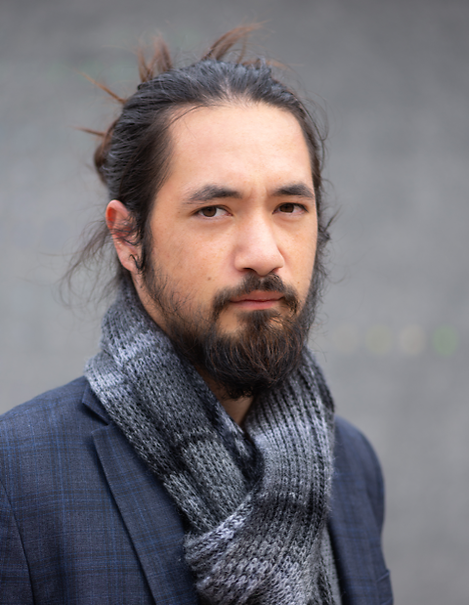
Haruki Noda
Education
since 2021 PhD candidate in musicology at mdw
2016–2023 Music Theory, Composition and Electro-Acoustic Composition at mdw
2010–2015 Classical Guitar at HfMT Cologne
Work Experience
since 2021 associate at Wissenschaftszentrum Arnold Schönberg und die Wiener Schule
2019–2021 research associate at research project ‘Klingende Zeitgeschichte’ (Institut für Musikwissenschaft und Interpretationsforschung, mdw)
2017–2019 student assistant at Institut für Musikwissenschaft und Interpretationsforschung (mdw)
Abstract
The starting point for my dissertation is the critical examination of the concept of the Viennese School. The extent to which this concept denotes a historical reality is being disputed. But it is undeniable that it exists as an at least virtual object of musical historiography. I start from this understanding of the concept of the Viennese School: as a music-historiographical object and thus primarily as an artifact or (re-)construction by musicologists. The concept relates a certain constellation of people. I would like to find out which facts make this connection possible. Or to put it in another way: What characteristics must music-historical sources have so that musicologists can derive relationships between people from them? And what actions were taken by these people so that they can appear as transformed into historical sources at a later point in time?
In the case of the Viennese school, it is above all conducting a public discourse: by publishing texts, one establishes a relationship with others for public perception. Belonging to a community is signaled both to the 'inside' and 'outside' – to contemporaries and future readers. This is how the community is first constituted as a concept and at the same time documented for historiography. Community building happens on all levels of discourse: On the “intradiscursive” level through e.g., joint use of certain peculiar linguistic structures, on an "interdiscursive" level by e.g., referring to the same literary, philosophical, political etc. references or contexts, as well as on an "extra-discursive" level by e.g., publishing in the same journals.
The broad interdisciplinary or rather transdisciplinary field of discourse analysis offers numerous instruments and tools to examine, describe and explain these matters. Computer-aided methods from the field of qualitative social research will also be used.